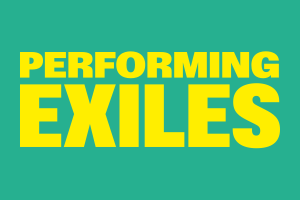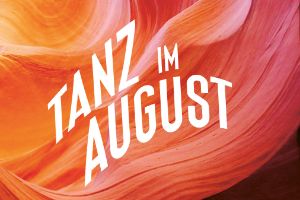
Gerald Barry
It is hard to pigeonhole the Irish composer Gerald Barry (*1952) in one of the larger currents of contemporary music. Perhaps his works soonest resemble Stravinsky, but paired with a particular stubbornness, at times even wildness, and a healthy portion of playful wit with a penchant for the grotesque. The acumen and clarity with which Barry draws musical characters and designs developments make his works immediately accessible.
Barrie was born in rural Irish County Clare and initially studied in Dublin. Afterwards, he trained in Cologne with Karlheinz Stockhausen and Mauricio Kagel, who was perhaps his greatest influence. Back in Ireland, he became increasingly well-known during the 1980s. In 1988, Barry’s orchestral work “Chevaux-de-frise”, commissioned by the BBC, was performed at the Proms in London. This was followed by further international commissions and invitations from major orchestras.
Stage pieces are an important branch of Barry’s creative work. His first opera, “The Intelligence Park” from 1990, was followed by five works of the same genre to date. They all found great resonance outside of Great Britain, too, and include “The bitter Tears of Petra von Kant”, based on the film by Rainer Werner Fassbinder, “The Importance of Being Earnest”, based on Oscar Wilde and, most recently, an adaptation of the “Alice in Wonderland”-material. Over the past years, Barry has also composed major symphonic vocal works and solo concerts.
As of June 2022.
